Game description:
Doppelpartment invites the player into a small, decaying apartment complex where routine tasks slowly become something else. You are the caretaker, responsible for keeping the place running: collecting rent, checking on tenants, and maintaining order. What begins as a mundane job takes a strange turn when a soldier arrives with a warning. Some of the tenants have been replaced. They look the same. They speak the same. But they are not who they used to be.
A Job That Demands More Than Cleaning
Each day, you follow the same path—take the elevator, knock on doors, ask for rent. Yet something shifts. The faces behind the doors seem unfamiliar, even though you’ve seen them many times. Their responses are slower, or faster, or not quite right. The structure of the game doesn’t change, but your perception of the people does. Slowly, you begin to question everyone, including yourself.
Small Decisions With Consequences
The gameplay allows you to interact with tenants and influence outcomes by:
· Reporting suspicious behavior to the authorities
· Choosing to believe or doubt what you hear
· Balancing rules against personal judgment
· Ignoring signs or confronting them
· Building trust—or fear—through repeated visits
Each choice you make shifts the narrative and leads to different endings that reflect your approach.
The Building Becomes a Character
More than just a setting, the apartment itself begins to feel alive. The lighting flickers in ways that don’t match the day before. Sounds echo too long. The elevator takes just a little more time to move. Through these details, the game creates a creeping unease without needing loud moments. It’s the stillness, the almost-familiar, that turns each floor of the building into a test of attention and instinct.
Leaving Isn’t Always the End
After the final day, you might find peace, or you might find that you’ve made a mistake. The game doesn’t offer a singular truth. Instead, it lets you shape the outcome through subtle interactions. Doppelpartment asks you to watch, to listen, and to decide who gets to stay. And whether or not you believe what you see, the question remains: how many times can someone be replaced before you no longer recognize your home?








































































































































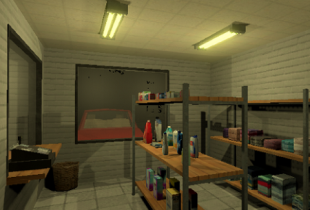
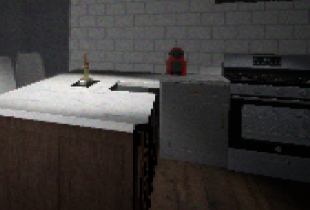
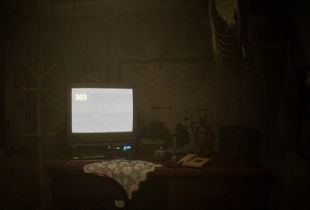
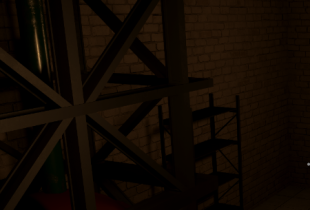

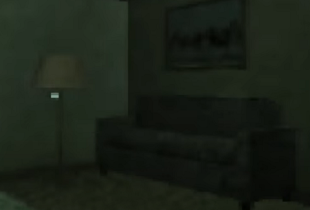


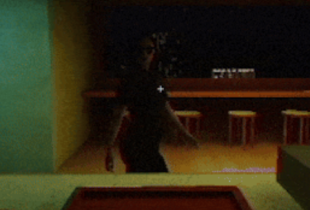


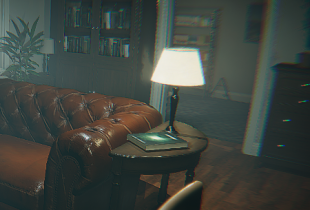


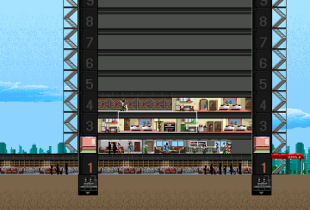

Comments